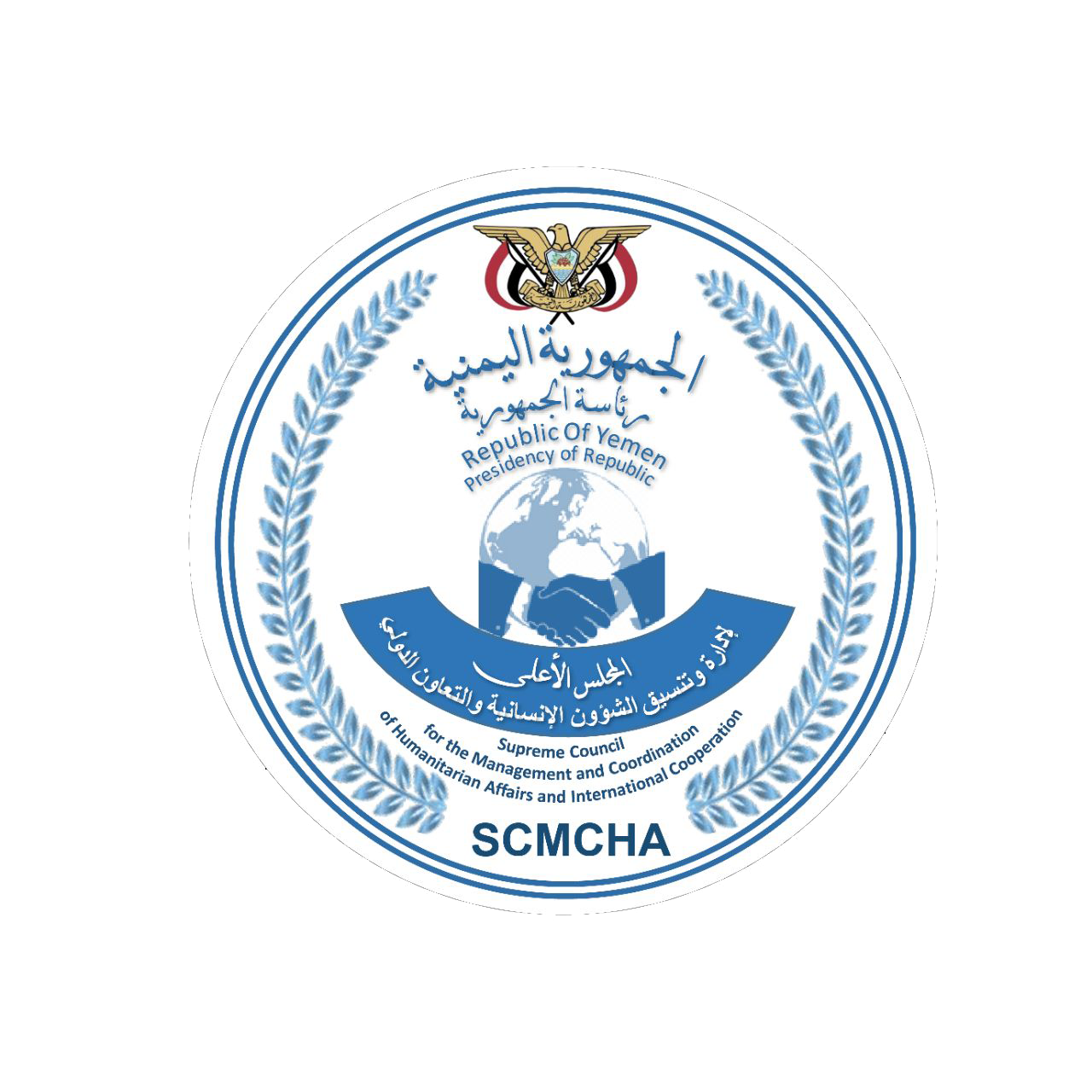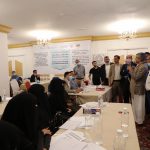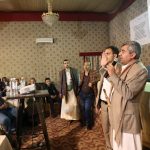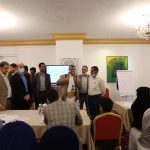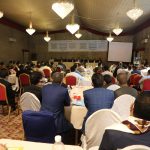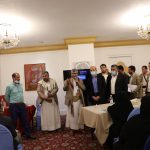Training workshop for food security and livelihood survey researchers
A training workshop for researchers of the Food Security and Livelihoods Survey began today in Sana’a ,which organized by the Supreme Council for the Management and Coordination of Humanitarian Affairs and International Cooperation, in partnership with the Ministries of Agriculture and Health, the Central Bureau of Statistics, FAO, WFP, and UNICEF.
The 21-day workshop aims to equip more than 1,400 researchers who will be trained in groups to collect data and forms for the Food Security and Livelihoods Survey, in addition to taking malnutrition data for children under the age of 5 years.
At the opening of the workshop, the Secretary-General of SCMCHA,Abdul Mohsen Tawoos, stressed the importance of the Food Security Survey workshop to confront the changes that occurred in the governorates as a result of IDP wave as well as the worsening living conditions of poor and affected families.
Tawoos indicated the importance of the survey forms to access a valid database that contributes to confronting food threats according to it phases and approved classification.
Hamza Al-Mukhtar, head of the Technical Committee of the Food and Livelihood Survey of SCMCHA explained the importance of the workshop in learning the surveyors and observers how to identify cases of malnutrition according to the internationally applicable classification.
He confirmeden the importance of the survey, which is highly reliable in communicating the necessary needs of cases of malnutrition and livelihoods in Yemen to international donor organizations.
For his part, the director of SCMCHA branch in Amant Al Asemah , Abdel Wahab Sharaf El-Din, considered that the field survey of food security is a work map for obtaining food aid from donors.
In turn, the representative of WFP Laurent Bokera, stressed the importance of the participation of relevant government agencies and international organizations in the field survey of malnutrition cases and livelihoods in Yemen for the current year.
He indicated the importance of participating in the field survey to reach positive and real results regarding the actual needs of malnutrition cases and livelihoods in order to provide appropriate support for these cases.
